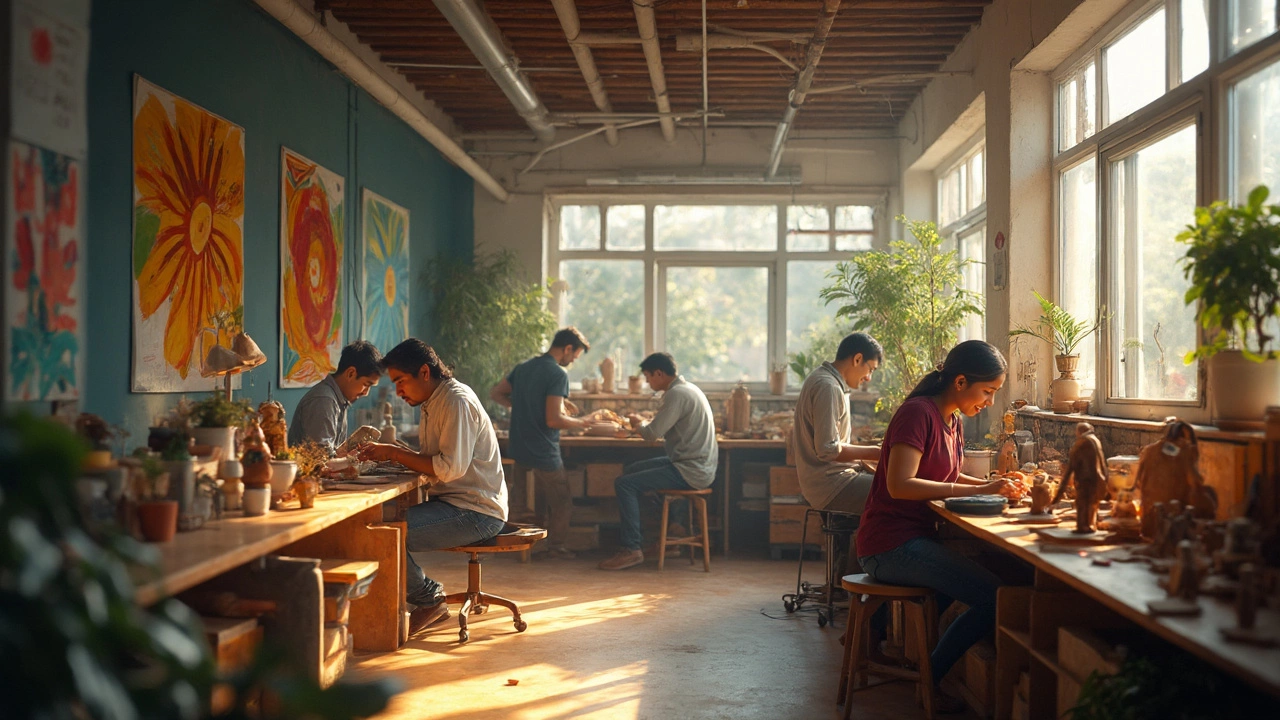Handmade Products – Trends, Ideas, and How They’re Made
When talking about Handmade Products, items crafted by hand rather than mass‑produced, often reflecting a maker’s skill, cultural heritage, and personal touch, you’re stepping into a niche that blends creativity with commerce. Also called artisanal goods, these products thrive on handmade products that showcase real craftsmanship. The core idea is simple: a skilled artisan transforms raw material into a finished piece, usually in small batches, giving each item a story and a unique feel.
One key sub‑entity here is Artisanal Manufacturing, the process where skilled workers use traditional tools and methods to create goods, often emphasizing quality over volume. This approach requires deep knowledge of the material, whether it’s wood, textile, or metal, and it directly influences why customers value handcrafted items. Another related entity is Customization, the ability to tailor a product’s design, size, or features to a specific buyer’s request. Customization makes each piece feel personal, driving higher willingness to pay. Together, artisanal manufacturing and customization create a feedback loop: skilled craftsmanship enables unique designs, which in turn fuels demand for more personalized pieces.
Beyond skill, the choice of Sustainable Materials, eco‑friendly resources like reclaimed wood, organic cotton, or biodegradable polymers that reduce environmental impact has become a decisive factor. Consumers increasingly link sustainability with authenticity, so using greener inputs boosts a product’s market appeal. Small‑scale production, another essential entity, refers to Small‑Scale Production, manufacturing runs that stay under a few hundred units, allowing close quality control and rapid design iteration. This scale lets makers test ideas quickly, respond to trends, and keep inventory low, which reduces waste and improves cash flow. When sustainable materials meet small‑scale production, the result is a product line that’s both environmentally responsible and economically viable.
Why Handmade Products Matter Today
Handmade products encompass artisanal manufacturing, rely on skilled craftsmanship, and thrive on customization. Artisanal manufacturing requires skilled craftsmanship, while sustainable materials influence the appeal of custom products. Small‑scale production enables rapid iteration, and the rise of conscious consumerism makes eco‑friendly materials a selling point. All these entities interlock, forming a vibrant ecosystem where makers can experiment, differentiate, and build loyal audiences. Below, you’ll find a curated mix of articles that dive deeper into product ideas, market validation, industry trends, and practical steps to turn a handcrafted concept into a thriving business.
